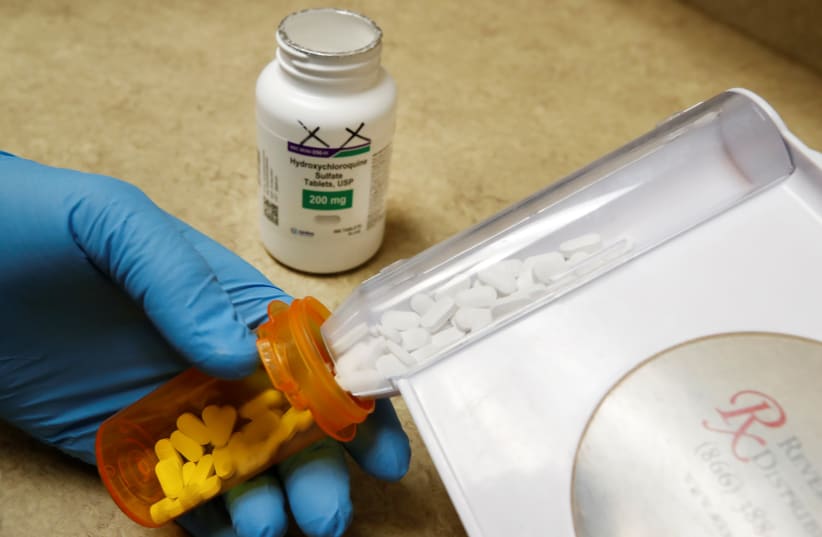A university in Germany has suspended a clinical study using the anti-malaria drug hydroxychloroquine for COVID-19, Spiegel Online reported on Thursday, after the World Health Organization decided this week to pause a large trial over safety concerns."We will now probably interrupt the study for two weeks," Peter Kremsner, Medical Director at the Tuebingen University Hospital told Spiegel, which reported the decision was made late on Thursday.Then an assessment will be made on whether to continue the study, reported Spiegel.
Hydroxychloroquine has been touted by U.S. President Donald Trump and others as a possible treatment for the disease caused by the novel coronavirus. Trump has said he was taking the drug to help prevent infection.However, several European governments moved on Wednesday to halt the use of the anti-malaria drug to treat COVID-19 patients, and a second global trial was suspended.Kremsner told Spiegel he had no indications of side effects that might be associated with hydroxychloroquine, saying he believed it may in some cases have been used in patients where the risk of side effects was particularly high."I am confident that we can continue the trial," Spiegel quoted him as saying.No-one was available at the university hospital to comment to Reuters.Germany pauses anti-malaria drug study for COVID-19
Several European governments moved on Wednesday to halt the use of the anti-malaria drug to treat COVID-19 patients, and a second global trial was suspended.
